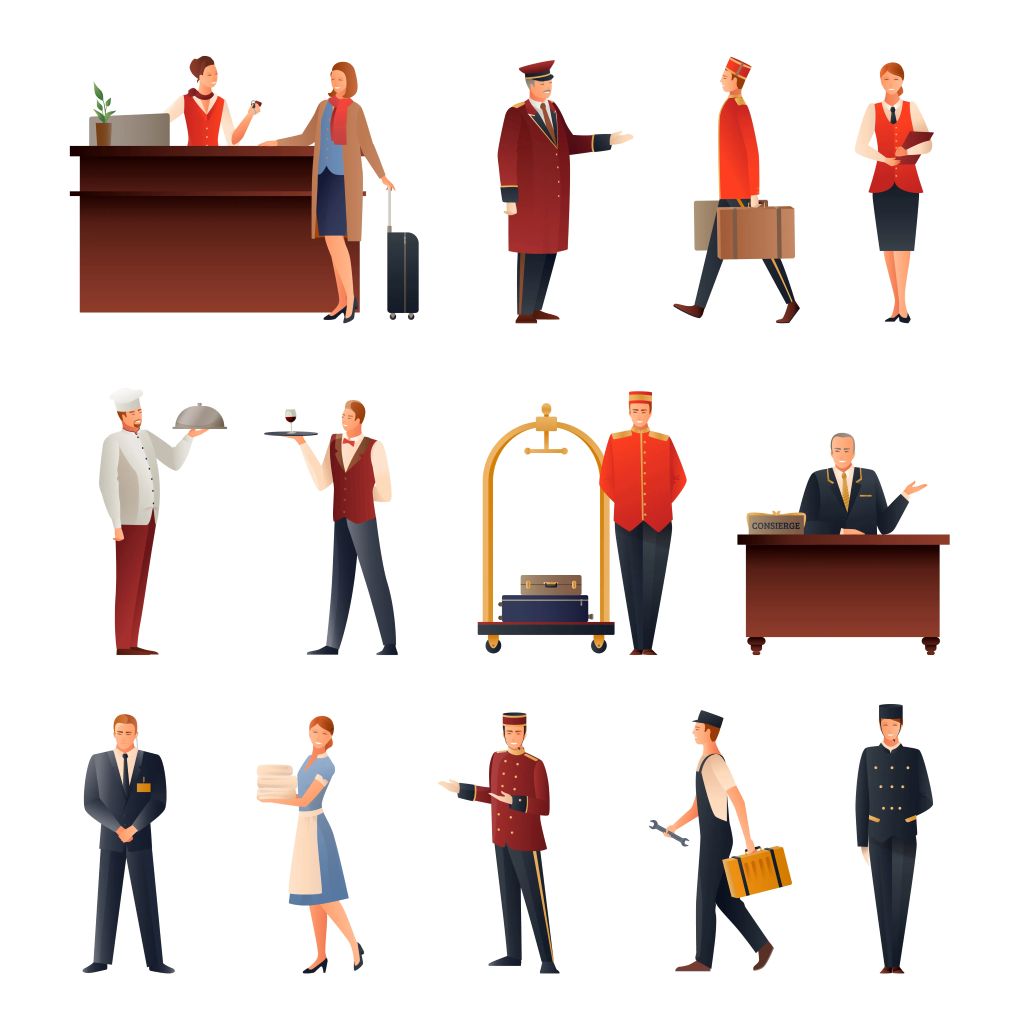
The hospitality industry thrives on exceptional service, seamless operations, and highly skilled employees. From hotels and resorts to restaurants and travel services, every guest interaction shapes brand reputation. To keep employees aligned with ever-evolving guest expectations, compliance requirements, and operational standards, training becomes critical. This is where an LMS for hospitality plays a pivotal role.
Let the Data Speak:
The global hospitality industry workforce turnover rate is as high as 73.8% compared to the average across industries Bureau of Labor Statistics.
70% of employees say professional development opportunities affect their decision to stay with an employer LinkedIn Workplace Learning Report
A Learning Management System (LMS) designed for the hospitality industry empowers organizations to deliver structured, scalable, and engaging training to employees at every level. Using a modern lms for hospitality, hotels and resorts can streamline staff onboarding, compliance, and continuous learning. Platforms like Calibr go a step further by offering AI-powered course creation, microlearning modules, real-time analytics, and role-based learning paths—tailored specifically for hospitality’s dynamic workforce.
Ready to transform hospitality training into a competitive advantage? Visit our website to explore our LMS solutions or contact us to get started.
Why the Hospitality Industry Needs a Specialized LMS
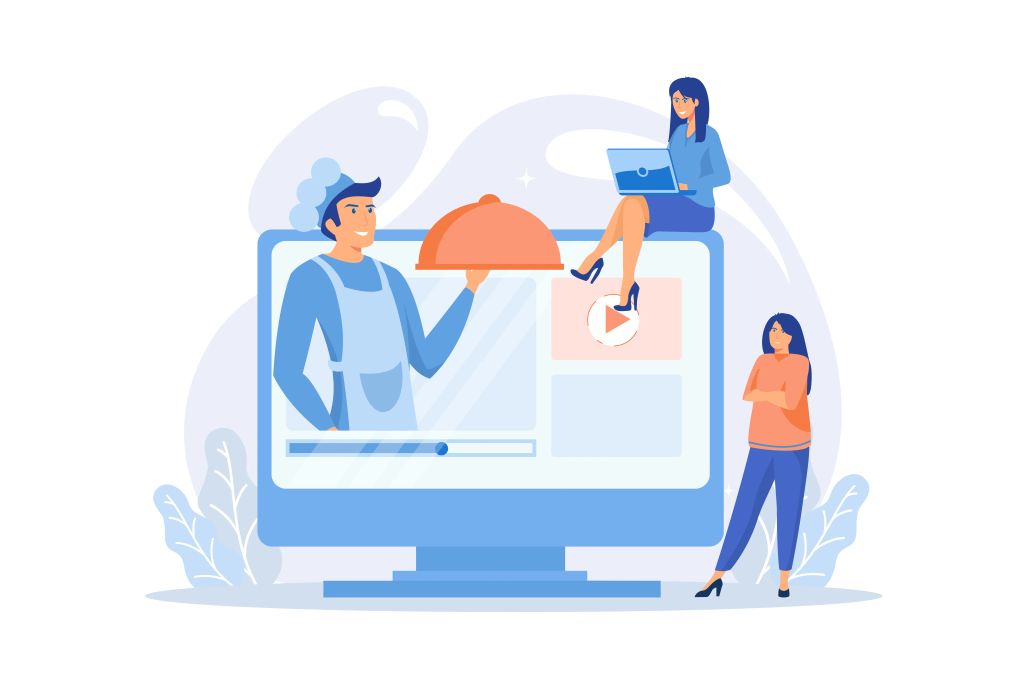
The hospitality industry thrives on consistency, excellence, and agility. However, it faces a unique set of operational challenges that make traditional training methods not just inefficient, but a direct risk to business performance. A tailored hospitality LMS addresses the sector’s complex needs—from multilingual teams to compliance and service quality. A generic Learning Management System (LMS) can help, but a platform specifically engineered for hospitality—like Calibr— transforms training from a cost center into a strategic asset that drives revenue, protects reputation, and ensures seamless operations. Now let's a detailed breakdown of the industry's pain points and how platforms like Calibr directly addresses them:
1. Conquering High Turnover and Seasonal Hiring with Streamlined Onboarding
Constantly recruiting and training new staff is incredibly costly and time-consuming. Seasonal rushes demand getting temporary staff up to speed in days, not weeks. Inconsistent training leads to inconsistent guest experiences.
Calibr’s Employee Onboarding solution automates and standardizes the entire process. Instead of a manager manually overseeing every new hire, As a leading hospitality staff training platform, Calibr ensures employees are trained consistently and effectively. it provides a digital, structured learning path that immerses new employees in company culture, service standards, and role-specific procedures from day one. This ensures a brand-consistent experience for guests whether they are in Paris, Texas, or Paris, France, and drastically reduces the time for a new hire to become productive.A hospitality staff training platform like Calibr bridges the skill gap quickly and maintains consistency across all departments.
2. Ensuring Unwavering Compliance and Safety
The regulatory landscape (food safety [HACCP], alcohol service, allergen awareness, data privacy) is strict and ever-changing. A single failure can result in fines, lawsuits, or closure. Proving that every employee was trained is critical.
Calibr’s Compliance Training module provides structured, trackable, and automated learning paths for all mandatory training. Managers receive real-time dashboards and automated alerts on certification expirations or incomplete courses. This creates an irrefutable audit trail for health inspectors and regulators, proving due diligence and significantly mitigating organizational risk.
3. Empowering a Mobile, Non-Desk Workforce
Housekeepers, servers, and bell staff don't sit at desks. Expecting them to train on a desktop computer is impractical and leads to low completion rates.
With its Mobile Learning capabilities, Calibr meets employees where they are. Staff can complete bite-sized lessons on their smartphones during breaks or between shifts. With offline access, a housekeeper can download a module on cleaning standards and complete it without needing a Wi-Fi connection. This makes learning flexible, accessible, and integrated into the flow of work.
4. Unifying Multilingual and Geographically Diverse Teams
A single hotel may employ speakers of English, Spanish, Arabic, and Mandarin. Delivering consistent training across a global chain is a monumental task.
Calibr’s multi-language support allows corporate L&D teams to create a course once and deploy it globally with translated subtitles, transcripts, or voice-overs. This ensures every employee, regardless of location or native language, receives the exact same message with no loss in translation, upholding global brand standards.
5. Boosting Engagement and Retention in a High-Stress Environment
Hospitality jobs are fast-paced and demanding. Dry, mandatory training is often neglected or quickly forgotten.
Through Calibr’s gamification features like points, badges, and leaderboards, Calibr turns training into an engaging challenge. This dramatically increases participation and knowledge retention. Furthermore, Calibr’s AI-powered personalized learning ensures that the training adapts to the individual's role, pace, and knowledge gaps, making it relevant and effective—whether for a front desk agent learning conflict resolution or a chef studying new allergy protocols.
Best Hospitality Training Practices with LMS
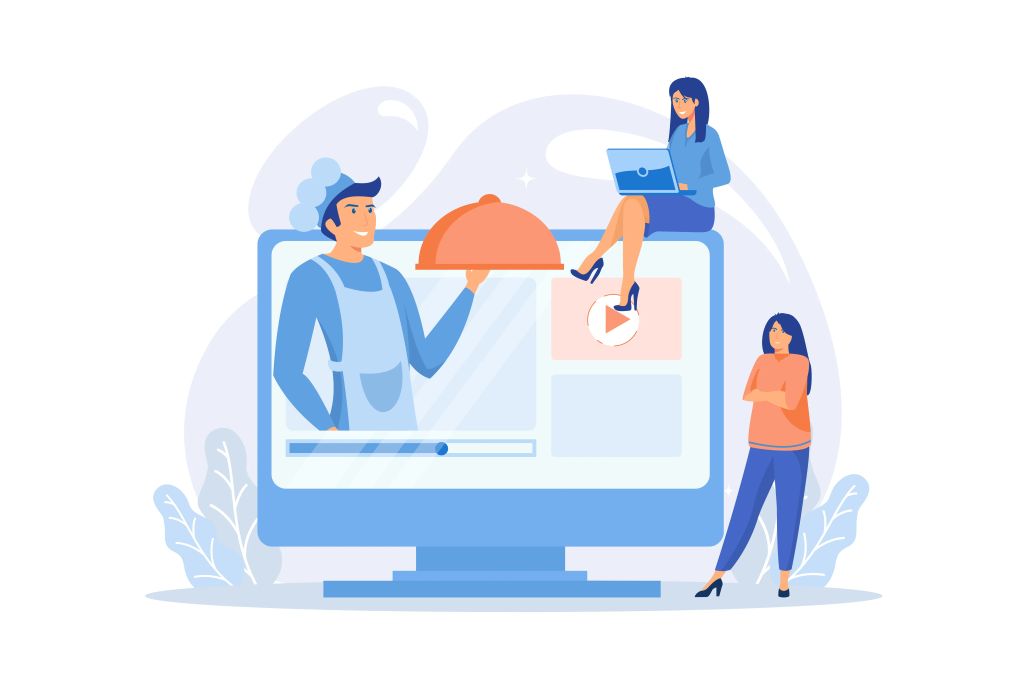
Gamification: The best hospitality training blends engagement, relevance, and accessibility — ensuring staff not only complete but truly absorb lessons. For a generation raised on smartphones, points, badges, and leaderboards transform mandatory training from a chore into a challenge. A friendly competition to see who can get the highest score on a food safety quiz boosts engagement and retention far more effectively than a stern memo.
Real-Time Analytics: This moves training from a "check-the-box" activity to a strategic tool. If a manager sees that 80% of the staff failed the quiz on processing credit card transactions, they know to immediately host a refresher workshop. Calibr's data-driven approach prevents small knowledge gaps from becoming major operational problems.
Personalized Learning Paths: The skills needed for a valet, a sommelier, and a front desk agent are vastly different. An LMS like Calibr allows for the creation of tailored journeys. A future manager might be assigned advanced leadership and budgeting courses, while a new line cook focuses solely on food safety and recipe knowledge. This makes training relevant and efficient.
Collaborative Learning: An LMS like Calibr include social features like forums or chat groups. A bartender in Bali can share a creative cocktail recipe with a bartender in Dubai. A front desk agent can post about how they successfully handled a difficult customer situation, creating a living library of best practices that benefits the entire organization.
Hospitality LMS: Features That Matter Most
Choosing an LMS for hospitality isn’t about having the most features, but the right ones that solve real operational challenges. Here’s what matters most in effective hospitality training solutions.
1. SCORM Compliance: Protect Your Training Investment
Your brand has likely built valuable training assets over time—videos, PDFs, and quizzes. A SCORM-compliant LMS lets you import and track them all easily, preserving your training legacy and saving time and cost.
2. AI-Powered Course Authoring: Fast, Flexible Learning
Hospitality changes quickly—menus, safety rules, or new services. AI tools allow managers to instantly turn updates into courses or quizzes, keeping everyone aligned. These smart tools make hospitality training solutions more agile and scalable.
3. Assessment and Certification: Ensure Job Readiness
In hospitality, knowledge gaps can affect guest satisfaction. Built-in assessments and auto-certification ensure only trained employees serve guests—boosting safety and consistency.
4. Single Sign-On (SSO): Easy Access for Staff
With one-click login using existing work credentials, staff can start learning instantly. Less friction means higher participation.
5. Centralized Content Management: One Source of Truth
For multi-location hotels, centralized content updates instantly across all branches. A hospitality staff training platform ensures every employee accesses the latest, brand-approved learning materials—anytime, anywhere.
Calibr combines all these must-have features into one powerful LMS—helping hospitality brands scale training, ensure compliance, and deliver consistent guest experiences. Discover Calibr today!
Use Cases of LMS in Hospitality
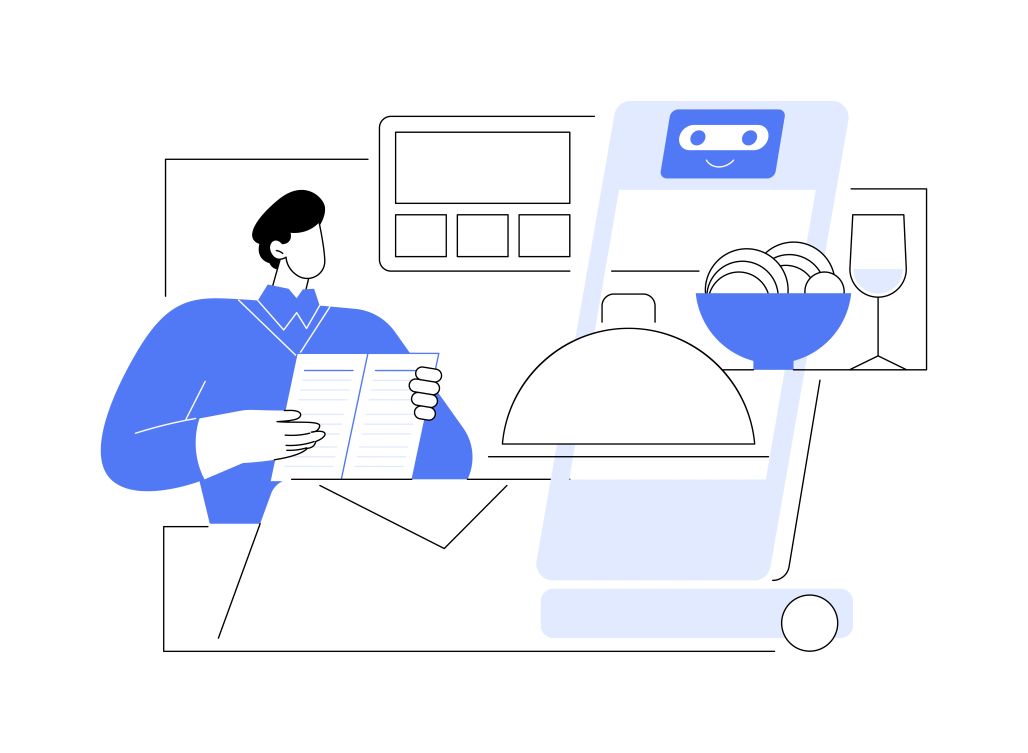
An LMS's value is proven in its practical application. Here’s how it directly powers key hospitality functions
1. Employee Training: Building the Foundation
This is the core function. When it comes to people development, the best LMS for employee training ensures structured learning journeys that scale effortlessly across properties. An LMS structures development from onboarding to leadership. For a new hire, it's a guided path through company culture and basic skills. For a veteran employee, it offers advanced modules on conflict resolution, wine knowledge, or supervisory skills. The platform ensures that soft skills (empathy, communication) are taught with the same rigor as hard skills (operating the booking system). This creates a pipeline of well-rounded talent ready to advance, which is crucial for reducing turnover and building strong internal leaders.
2. Sales Training: Driving Revenue Gracefully
Effective sales in hospitality are about enhancing the guest experience, not hard selling. An LMS teaches the art of suggestive selling. It can host video role-plays showing how to suggest a premium room upgrade as a perk for a special occasion or how to describe a wine pairing in an enticing way. Interactive modules can test staff on product knowledge—e.g., "Which appetizer would you recommend to complement this wine?" This training empowers staff to confidently increase the average guest spend while making the guest feel cared for, not upsold.
3. Customer & Partner Training: Extending Your Ecosystem
Training isn't always for employees. A hospitality brand's success often depends on external partners. For example:
Travel Agents: An LMS can host a short course for agents on the unique selling points of your resorts and how to use your booking portal efficiently, making them more effective advocates for your brand.
Loyalty Program Members: A video tutorial series can teach loyal customers how to maximize their point benefits, increasing engagement with your program.
Franchisees: For franchised models, the LMS ensures every franchise owner and their staff are trained to the exact same standard as corporate locations, protecting brand integrity.
4. Operational Training: The Engine of Consistency
This is where an LMS directly impacts daily quality control. Every operational task can be standardized and trained digitally:
Housekeeping: A 3-minute micro-module can show the exact, brand-mandated method for making a bed or cleaning a bathroom, ensuring every room meets the same standard.
Front Desk: Simulated exercises can train staff on handling a complex check-in/check-out process during the property management system.
Kitchen: Video-based SOPs can demonstrate the precise way to prepare a signature dish, ensuring culinary consistency from one chef to another.
This granular level of training reduces errors, improves efficiency, and guarantees that a guest receives the same reliable experience every time they visit any of your properties.
From onboarding to partner enablement, Calibr empowers hospitality businesses with practical training solutions that drive service excellence and operational consistency. Book a demo with Calibr
Measuring ROI of an LMS in Hospitality
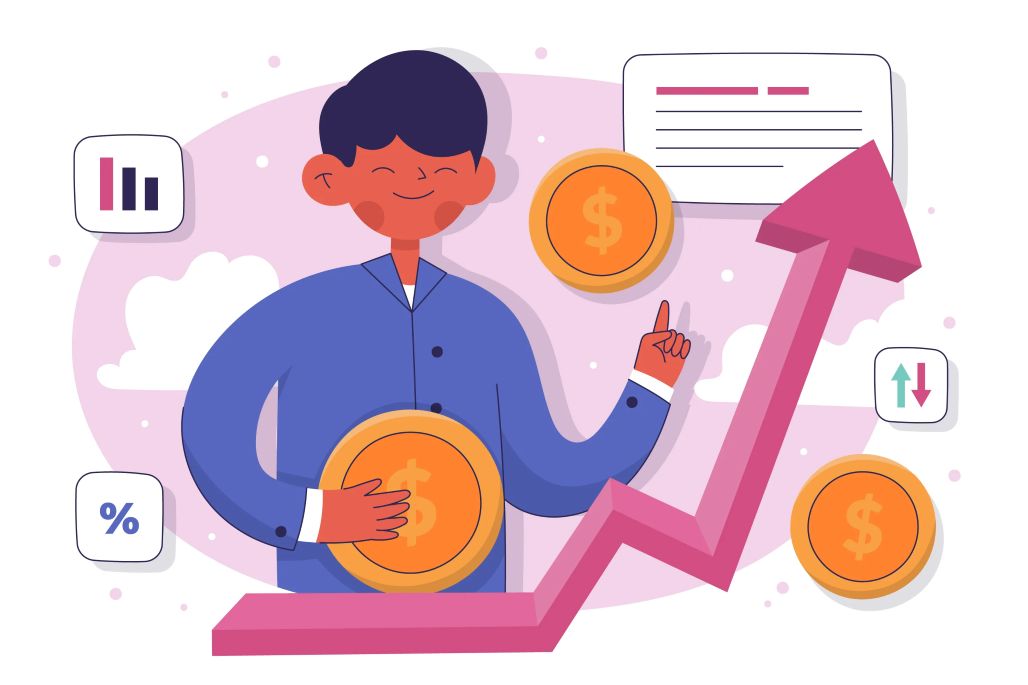
One of the biggest concerns for hospitality businesses is proving the return on investment (ROI) of training initiatives. An LMS makes this easier by tracking performance improvements, cost savings, and guest satisfaction outcomes.With a data-driven hospitality LMS, businesses can clearly connect training to operational and financial success.
Reduced training costs: Digital learning eliminates the need for printed materials, classroom rentals, and travel expenses.
Faster onboarding: Seasonal staff can be trained in days rather than weeks, saving both time and money.
Improved guest satisfaction: Well-trained employees provide consistent, high-quality service, reflected in better reviews and higher repeat bookings.
Lower turnover rates: Training and career development opportunities increase employee engagement, which reduces turnover—a major cost in hospitality.
Data-driven insights: With Calibr’s real-time analytics, managers can demonstrate ROI by linking training completion to improved employee performance and revenue outcomes.
Implementing an effective LMS for hospitality provides tangible ROI across training costs, guest satisfaction, and employee engagement.
The Future of LMS in Hospitality
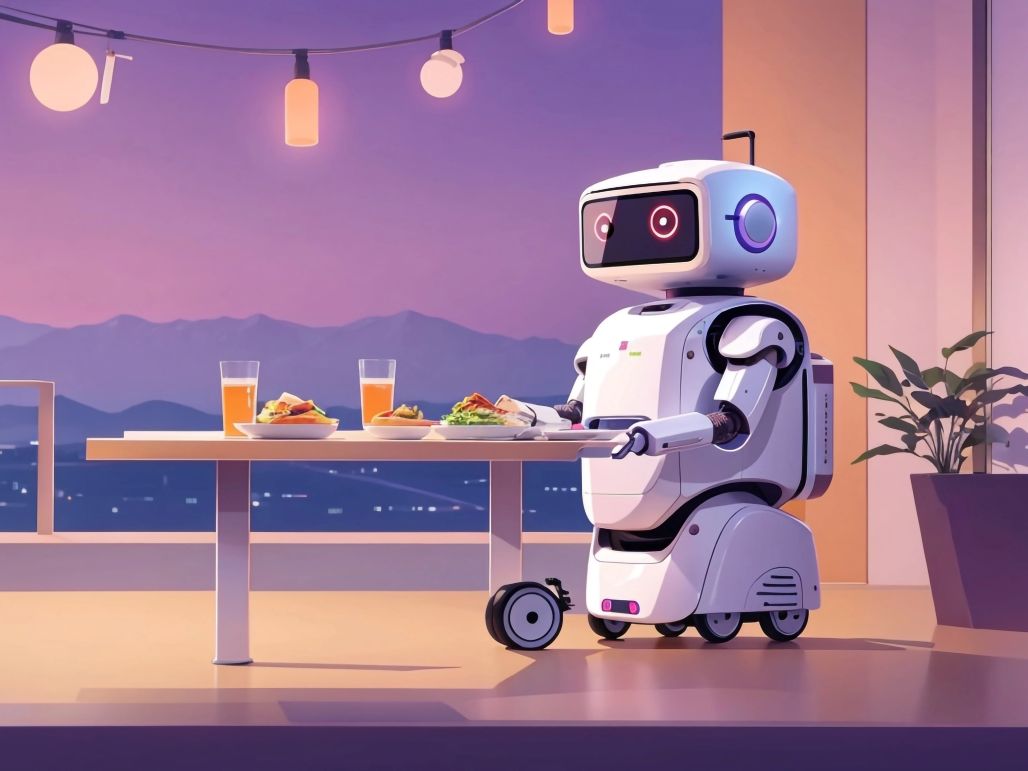
The hospitality industry is evolving rapidly, and so is training technology. A modern hospitality LMS helps brands stay agile by blending technology with on-the-job learning experiences. The future of hospitality LMS platforms will be shaped by:
AI and machine learning: Platforms like Calibr Learn already use AI to deliver adaptive learning experiences, but future versions will predict skill gaps before they occur.
Virtual reality (VR) and augmented reality (AR): VR training simulations will allow staff to practice real-world scenarios like handling difficult guests or managing emergencies without real-world risks.
Hyper-personalization: Personalized learning paths will become even more tailored, using data to adjust not just what employees learn but how they learn best.
Integration with workforce systems: LMS platforms will connect seamlessly with scheduling, payroll, and performance management tools, creating a unified view of employee development.
Sustainability focus: Digital learning reduces paper use, energy costs, and carbon footprints, aligning with the growing sustainability goals of global hospitality brands.
The Calibr Advantage: Beyond a Standard LMS
What sets Calibr apart is its suite of advanced features built specifically for the dynamic nature of hospitality:
AI-Powered Authoring & Calibr Craft: Traditional course creation is slow. Calibr’s AI-powered tools allow managers or trainers to quickly create engaging, high-quality content. Need to roll out a new menu special or a updated safety protocol tomorrow? With Calibr, you can develop and deploy a professional microlearning course in hours, not weeks.
Microlearning for Instant Application: Calibr is built for bite-sized learning. Instead of a 45-minute module on wine, a server can complete a 5-minute refresher on specific pairings right before their shift. This "just-in-time" learning model ensures knowledge is fresh and immediately applicable.
Real-Time Analytics for Proactive Management: Calibr provides managers with actionable insights, not just completion reports. As one of the best learning management software options for hospitality, Calibr ensures data-driven training that delivers measurable impact. Through it, they can see if multiple employees are struggling with the same quiz question (indicating a confusing policy) and intervene with targeted coaching before it affects guest satisfaction. This data-driven approach closes the loop between training and performance.
The Content Hub: A Single Source of Truth: Hospitality information changes constantly. Calibr’s Content Hub acts as a centralized repository for all training materials. When a menu, policy, or standard operating procedure (SOP) is updated, the change is made once in the Content Hub, and it automatically propagates across all relevant courses. This ensures every employee always has access to the most current information, eliminating confusion and errors from outdated materials.
Conclusion: A Strategic Investment in Your People and Brand
For the hospitality industry, an LMS isn't just about delivering courses; it's about building capability, ensuring consistency, and managing risk at scale.For hotels seeking the best learning management software to streamline staff development and performance, Calibr offers unmatched scalability and insights.
Calibr is more than just an LMS; it's a holistic learning ecosystem designed for the unique pressures of hospitality. It directly impacts the bottom line by:
Reducing costs associated with inefficient training and high turnover.
Increasing revenue through effective sales and upselling training.
Protecting reputation by ensuring consistent, high-quality guest experiences.
Mitigating risk through robust, demonstrable compliance training.
Investing in the best hospitality training builds a workforce that embodies the brand promise and delights guests at every touchpoint.
In an industry where your people are your product, investing in a specialized platform like Calibr is an investment in your most valuable asset, ensuring they are prepared, knowledgeable, and empowered to deliver exceptional service every day.
Ready to transform your hospitality training? Start your 14-day free trial, schedule a demo, or contact us to see how Calibr can elevate your workforce.By choosing the best LMS for employee training, hospitality businesses ensure every team member receives consistent, high-quality development opportunities.


